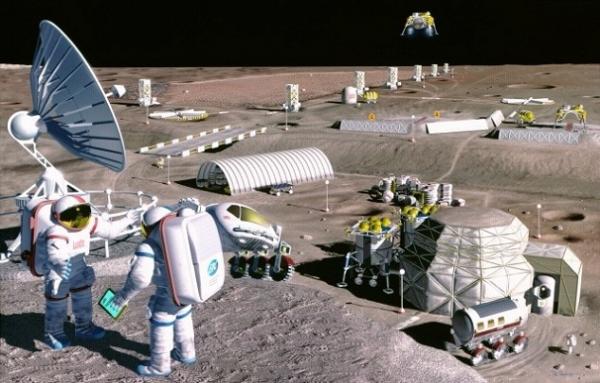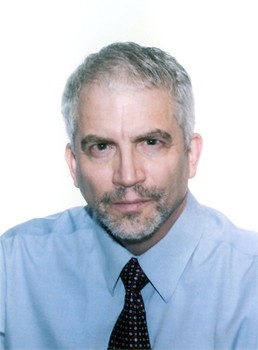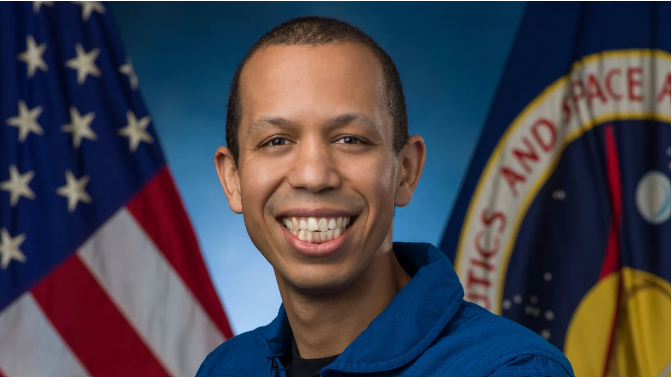
Why the Private Spaceflight Industry Needs More Lawyers (Op-Ed)

Michael D. Shaw is a biochemist and freelance writer. A graduate of the University of California, Los Angeles and a protégé of the late Willard Libby, winner of the 1960 Nobel Prize in chemistry, Shaw also did postgraduate work at MIT. Based in Virginia, he covers technology, health care and entrepreneurship, among other issues.
If private companies are going to start exploring and settling the final frontier — building human outposts on the moon and Mars, launching tourists into space or even building luxury space hotels in orbit — the world will need clearer laws to govern the commercial use of space and more specialized attorneys to understand and interpret those laws.
The world already has several treaties that govern what government entities can and cannot do in space, like the United Nations' Outer Space Treaty. However, private companies don't necessarily have to abide by the same rules.
We need law schools to prepare students for this infinite realm of property law regarding physical property, like the construction and use of spacecraft, space stations and even to attempts to colonize the moon and Mars. That preparation also extends to the vast universe of intellectual property. Law students also need to learn the mechanics of laws governing aviation and space travel, as well as personal liability and insurance. And existing lawyers need to expand their knowledge of these subjects, lest the commercial quest for space have nowhere to go because too many questions go unanswered. [Now Boarding: The Top 10 Private Spaceships]
Thus, for every scientist who seeks answers about the mysteries of the universe, there should be clear answers about the laws involving what we can do in space. If confusion persists, lawsuits may increase, and the cost of exploring space may become too costly a proposition for even NASA to pursue.
According to Wayne R. Cohen, a professor at The George Washington University School of Law in Washington, D.C., and a partner at Cohen & Cohen, P.C., the space race may induce a need for more office space. "Legal specialization may coincide with a rise in the number of professionals who specialize in some aspect of the space program," Cohen said in a phone interview. "In turn, there is — or will be — a demand for lawyers regarding everything from workplace safety to workers' rights in general."
The challenge for lawyers is to determine what laws already apply to private spaceflight. For example, there are international treaties about what the signatories promise their respective nations will not do in space, but there is little or no common law about what private companies can do in space. The United Nations Office for Outer Space Affairshas a detailed code involving space law, and this code covers everything from liability for damages involving space objects to the use of space-related technologies.
Get the Space.com Newsletter
Breaking space news, the latest updates on rocket launches, skywatching events and more!
Prior to entrepreneurs like Elon Musk and Jeff Bezos, countries did what no one had the wealth or the will to do alone — launch the first rockets into space — paving the way for private companies to eventually build and launch their own rockets. Advances in technology and access to space require similar achievements within the legal profession.
Lawyers need to better educate the public about space law. They need to promote a discussion of this discipline, at home and abroad. The more aware people are of this subject, the more attentive legislators, news outlets and private companies will be, too.
The lawyer who understands this impulse — and offers judicious counsel without judgment, speaking to the needs of his or her clients — is an expert of insight and value.
He is an honorary astronaut in his own right.
Follow us @Spacedotcom, Facebook and Google+. Original article on Space.com.
Join our Space Forums to keep talking space on the latest missions, night sky and more! And if you have a news tip, correction or comment, let us know at: community@space.com.










